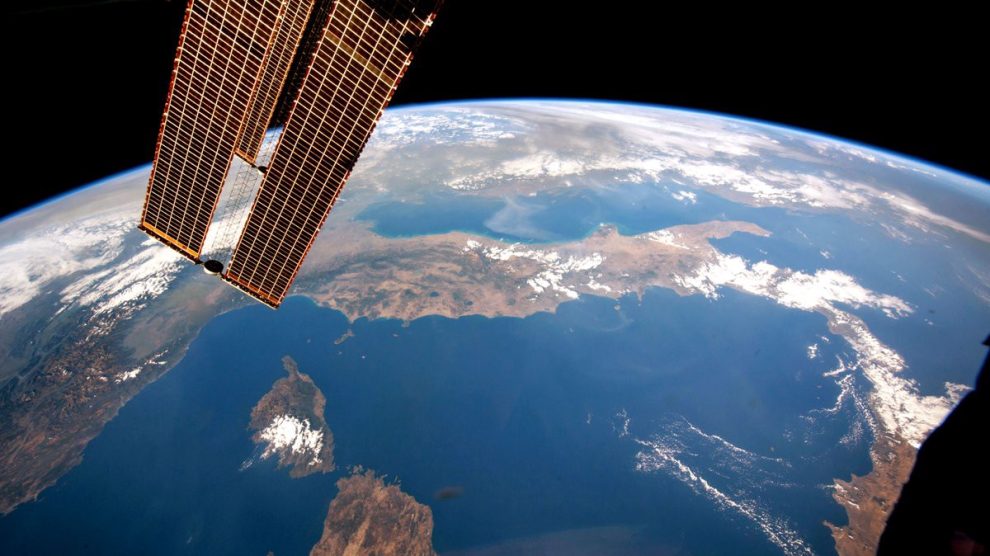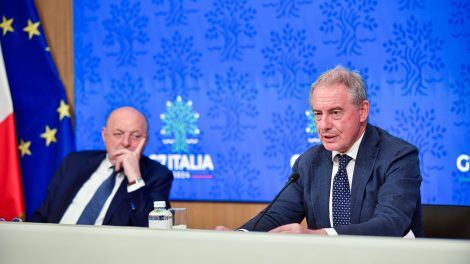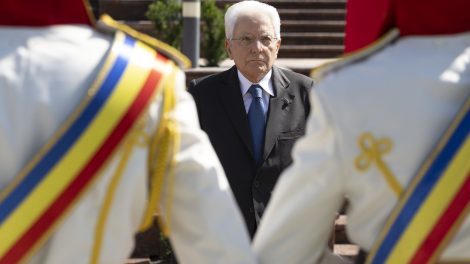Italy looks at the stars. The European Space Agency’s Ministerial Conference ended today, and Italy confirmed its heft and importance within the organisation. Rome officially joined forces with Berlin and Paris to build European launchers. And two young Italians – Anthea Comellini and Andrea Patassi – officially joined the ranks of the new class of ESA astronauts.
Bigger budgets. European nations agreed to up their space to nearly 17 billion for the 2023-2025 period, a 17% increase. ESA Director-General Josef Aschbachter called it a “significant achievement,” given the economic junction. Italy, for its part, reconfirmed its position as the third-largest contributor to the tune of €3 billion.
- The head of the Italian Space Agency, Giorgio Saccoccia, told our sister site the event had been “a complete package, an enabler for industrial imperatives” – even for smaller companies, which “will no longer have to be mere suppliers or subcontractors of the big ones but will assume mission leadership.”
- Now Rome may expand its reach in key programmes, he explained. Italy is now on equal footing with Germany on exploration (think Mars), and it also “started to significantly finance the lunar lander, future missions on Earth observation, and the Copernicus programme,” as well as the Moonlight navigation programme for lunar communications – “an absolute novelty.”
European launchers (and the trilateral powerhouse). On Tuesday, at the conference’s sidelines, Business Minister Adolfo Urso signed a groundbreaking joint declaration with France’s Bruno Le Maire and Germany’s Robert Habeck. Its objectives are kickstarting a new generation of small launchers and reviewing the EU’s funding rules to compete better with China and the USA.
- The Italian described his talks with his French counterpart as “long, cordial, and at the same time frank and concrete.” He also noted that the Quirinal Treaty (the year-old bilateral agreement between Rome and Paris) allowed the two countries to start bilateral talks immediately.
- A similar (if less comprehensive and more focussed) agreement between Germany and Italy is in the works, though it’s been delayed by this year’s emergencies.
- That so-called “Action Plan” would complete the triangle between the EU’s most important economies – and its potential has just been showcased by the European launchers agreement. A trilateral meeting has already been scheduled for December 2.
Meloni’s encouragement. Italy’s significantly increased participation is a clear signal of the new government’s attention for the space sector – along with the country’s industry, which encompasses launchers, Earth observation, human and robotic exploration, and a multitude of SME suppliers.
Image: Paolo Nespoli via Twitter




